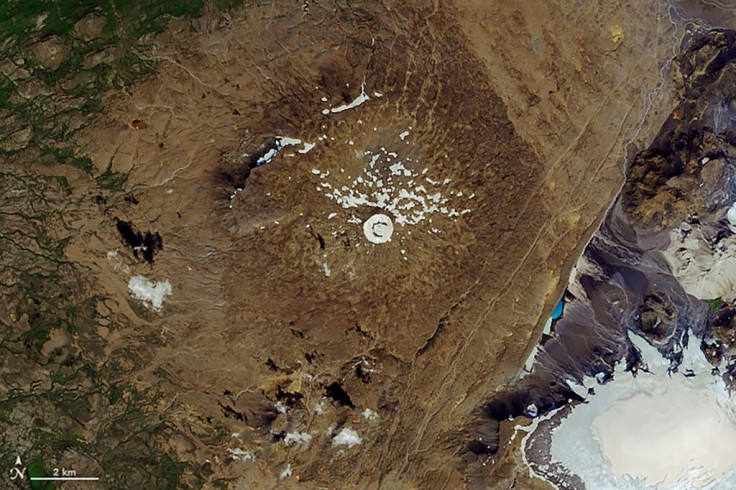Dying Glacier Reveals New Islands In Russia

Russia is growing quite literally. Back in 2016, the Russian Navy first spotted new islands via satellite imagery. However, they waited until now to confirm the existence of five new islands revealed by melting glaciers. On Tuesday, the Russian Defense Ministry stated in a story covered by CNN that they had conducted an expedition to the new islands. They were able to map the islands in August and September physically.
The unnamed Islands are located near the Vylki Glacier off the coast of one of the northern archipelagos of Russia. Melting ice in the Arctic revealed the islands. They range in size from 900 to 54,500 square meters or approximately as big as Ten football fields. They aren't exactly the size of a new state but it certainly is a discovery worth noting.
The islands have been charted and logged and will now be named by the Russians. A student named Maria Migunova is credited with the discovery of the islands while conducting scientific analysis of coastlines. A study conducted by the Russian Navy between 2015 and 2018 confirmed that 30 new islands capes and bays had been revealed by rapidly melting arctic ice.
The revelation of this discovery follows a similar one made in January in the Canadian arctic, where a large section of ice melted enough to reveal portions of land that had been buried for 40,000 years. Bass to be some discovery! All this may seem like a one-off situation; it is happening more and more.
This summer alone, the Greenland ice sheet lost 11 billion tons of ice between August and September. The majority of this melt occurred in a single day. As the global warming debate heats up the ice sheets are too, glaciers that have been in existence for thousands of years have entirely disappeared within the last two decades. Iceland lost the last pieces of the Okjökullo glacier this year.
Scientists warn that if the melt rate continues like this, it could displace up to a fifth of the world's population by 2100. This will displace the entire portions of the population.
© Copyright IBTimes 2024. All rights reserved.






















